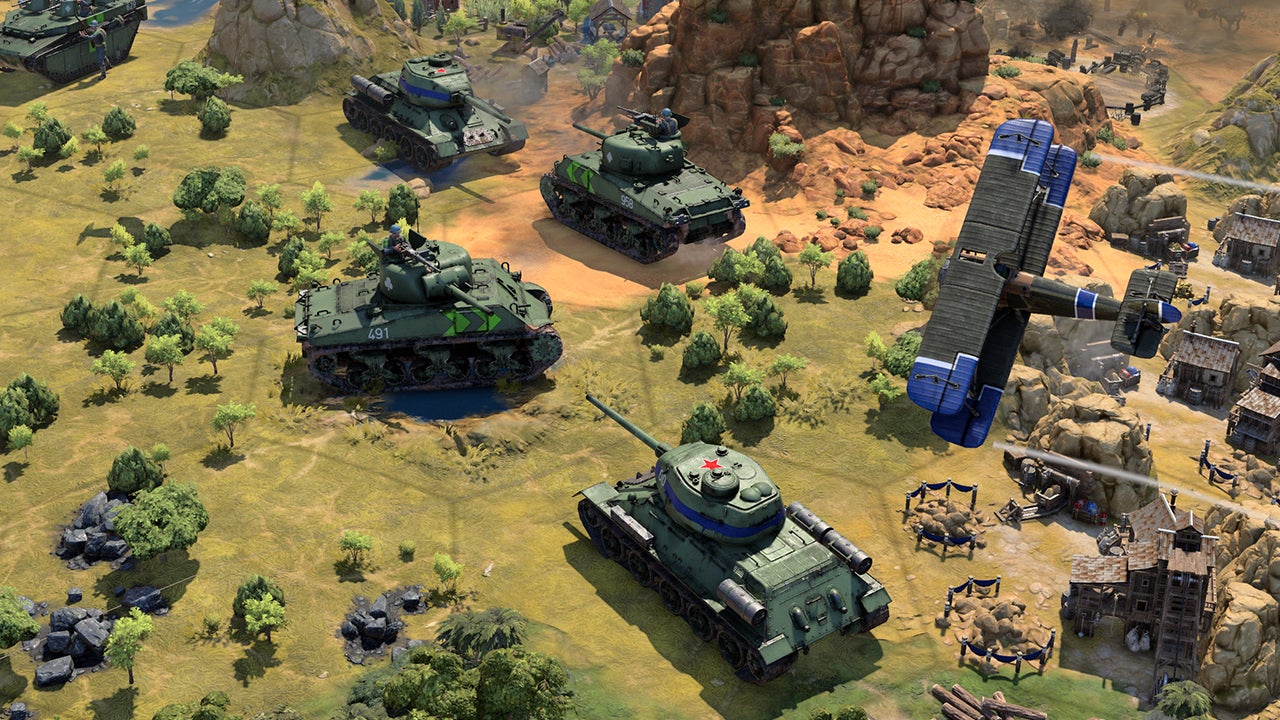Civ 7: First Look at a Bold New Era for Civilization

Firaxis shakes things up with a risky but exciting new approach to the iconic 4X strategy game.
The anticipation for a new Civilization game is always palpable, and with the longest wait between entries in the series' history, the excitement surrounding Civilization VII is at fever pitch. Having had the opportunity to get my hands on an early build, I can confidently say that Firaxis is taking bold strides with this iteration, introducing changes that are both daring and refreshing.
One of the most significant changes is the introduction of distinct Ages â Antiquity, Exploration, and Modern â that completely transform the gameplay experience. These Ages are not simply Eras like in previous games; they are longer, more distinct periods that significantly alter the way you play. You'll embark on a grand campaign, picking a new civilisation for each Age, each with its own unique bonuses, units, and map graphics. However, your initial leader choice will remain your guide throughout, acting as a permanent presence with their own set of unique bonuses.
These leaders, while visually consistent across the Ages, are no longer tied to specific civilisations. This means you could have Hatshepsut, for example, leading the United States in the Modern Age. While some leaders synergize well with their historical counterparts, players are free to choose any leader for any civilisation, adding a new layer of strategic depth and narrative flexibility.
Firaxis is also introducing new leaders who weren't necessarily top-level political figures, adding fresh faces to the roster. We were given a glimpse of Ben Franklin, though his fully animated form is yet to be revealed.
The Age transitions are marked by periods of Crisis, offering players a chance to overcome challenges and adapt to changing circumstances. In the Antiquity Crisis, "The Rising Storm," players must navigate a perilous landscape marked by the fall of empires. Here, you'll need to make crucial choices as new, independent groups, replacing the traditional barbarians, emerge and threaten your borders.
Another significant change is the implementation of "overbuilding." This concept reflects the real-world phenomenon of new civilizations being built upon the ruins of the past. Cities are still spread across multiple tiles, but are now divided into Urban and Rural districts. Urban districts hold a limited number of buildings, with the capacity growing over time. These districts can also gain unique meta attributes depending on the buildings constructed. For example, building Egypt's unique buildings within a single urban district can create a unique funerary district.
Gone are the days of builders and manual citizen management. Now, new citizens automatically create districts, whether urban or rural, adding a new layer of strategic complexity. However, the current requirement to place districts adjacent to existing ones feels limiting, especially for rural districts, which could benefit from a more natural and visually pleasing placement.
The introduction of Towns, starting points for new cities, is a welcome addition. These Towns focus on gold production, allowing players to build up their starting cities with minimal micromanagement.
Visually, Civilization VII takes a bold departure from its predecessor. The art style, inspired by painted miniatures, model trains, and dioramas, creates a visually compelling and immersive experience. The map feels tactile and detailed, making the game world feel more real and engaging. While the mountains might feel a bit less realistic compared to previous games, overall the visual presentation is a significant improvement.
Diplomacy has also undergone a significant overhaul. Influence, now a baseline resource produced by specific buildings, replaces the transactional diplomacy system of Civilization VI. This new system encourages players to engage in more focused diplomatic interactions, with a limited Influence cap pushing players to make deliberate choices. The addition of War Support, where Influence can be spent to sway the tide of battle, adds a new layer of strategic depth to military engagements.
Overall, my initial impression of Civilization VII is very positive. Firaxis has delivered a bold new take on the classic formula, introducing fresh ideas and innovative mechanics. While some aspects, like district placement, still need refinement, the core gameplay loop feels fresh and engaging. With a release date still to be announced, we're sure to see more exciting details emerge in the coming months, and I, for one, can't wait to see what's next.





